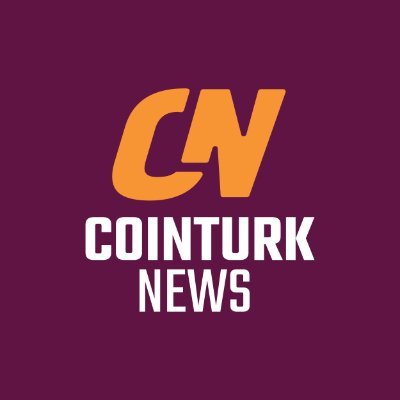IQ and Frax have announced the launch of KRWQ, a new stablecoin indexed to the South Korean won (KRW). Initiated on Coinbase ‘s Ethereum $3,855 Layer-2 network Base, KRWQ is listed on the Aerodrome exchange under the KRWQ/USDC trading pair, making it the first stablecoin pegged to the Korean won. This launch represents a significant step towards global adoption of stablecoins tethered to local currencies.
New Generation Stablecoin Infrastructure on Base
IQ and Frax incorporated LayerZero’s Omnichain Fungible Token (OFT) standard and the Stargate bridge into KRWQ’s technical framework to enable multi-blockchain support. This innovation allows the coin to be transferable not only on Base but also across various blockchains. IQ’s Chief Brain, Navin Vethanayagam, emphasized the importance of local currency alternatives against the dominance of USD-pegged stablecoins, noting that KRWQ fills a crucial market gap.
Moreover, IQ has integrated the regulatory compliance framework from Frax’s frxUSD stablecoin into KRWQ’s design. This framework aims to ease institutional adoption and enhance transparency in regulatory oversight processes. The company declared that KRWQ will be the first won-based cryptocurrency in full compliance with the anticipated new stablecoin law in South Korea.
Awaiting Regulatory Developments in South Korea
Despite KRWQ’s pioneering role as the first multi-blockchain stablecoin pegged to the South Korean won, its marketing or availability to local users in South Korea is currently prohibited. IQ has clarified that coin issuance and redemption are restricted to approved counterparties, including exchanges, market makers, and institutional partners. Stablecoin regulations remain on the agenda of the National Assembly in South Korea.
Last month, BDACS developed a prototype won stablecoin named KRW1 on the Avalanche network, but regulatory ambiguity halted the project at the conceptual stage.
Under the crypto-friendly administration of President Lee Jae Myung, inaugurated in June, the South Korean government aims to expand the stablecoin market hinged on the local currency to bolster monetary sovereignty in the digital finance era. However, the Bank of Korea insists that stablecoin issuance should be limited to licensed banks, whereas the private sector calls for a more competitive framework.



